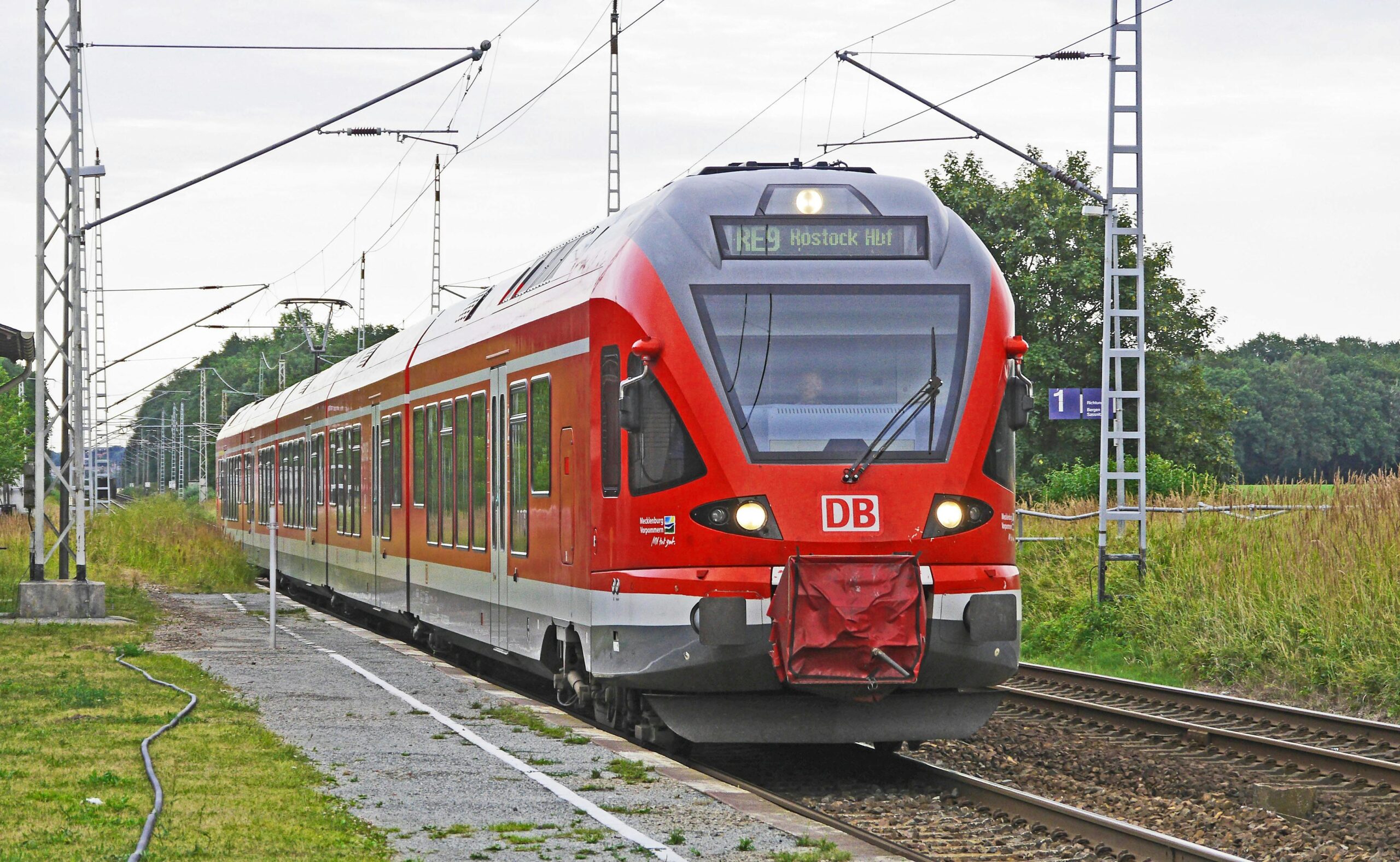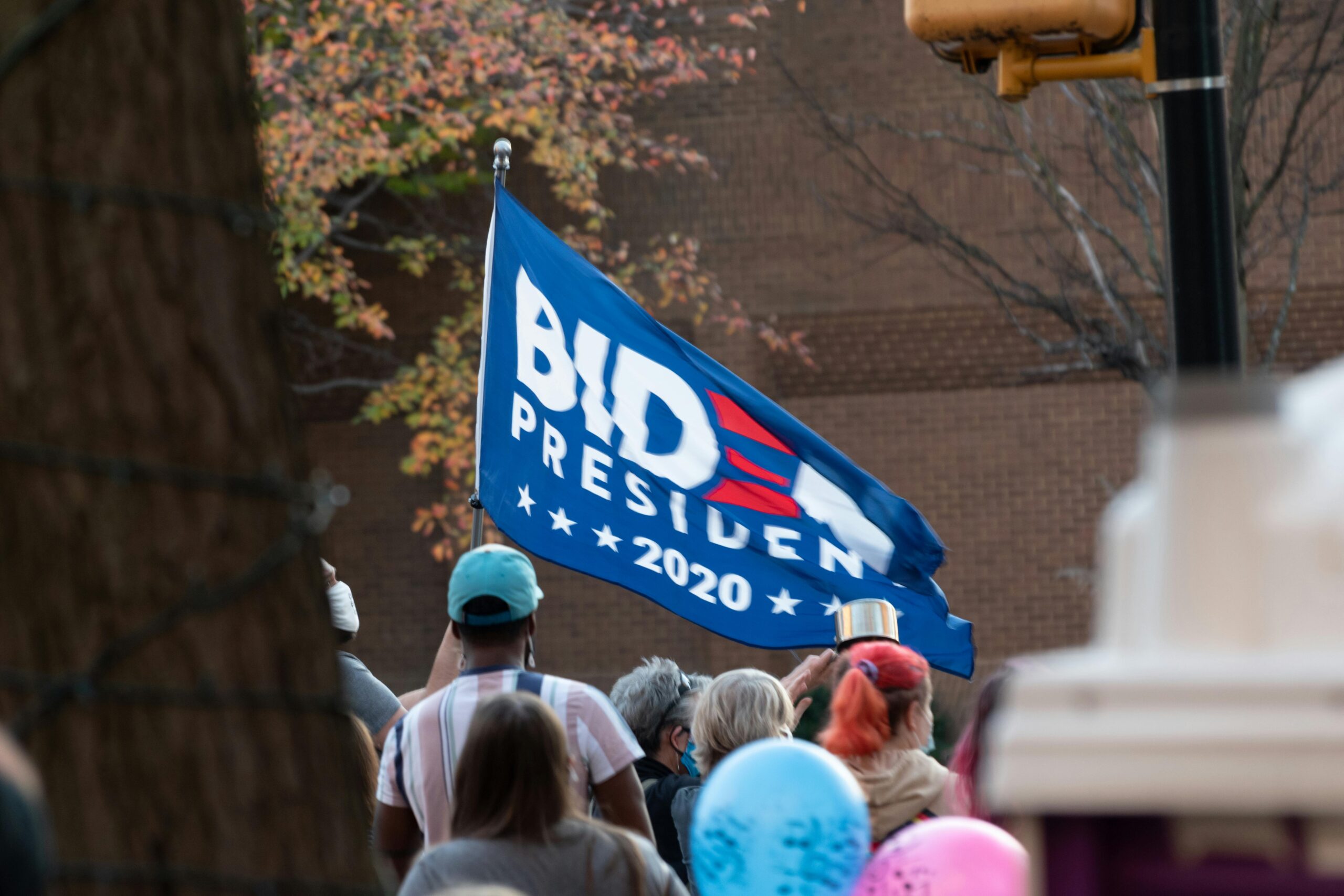Image credit: Pexels
On Tuesday, the Regional Transportation District’s board of directors will vote to approve a new set of performance goals and metrics for Debra Johnson, its General Manager and CEO.
Johntson’s new short-term goals are tied more directly to top-level performance metrics than previous years. Board chair Julien Bouquet, recently re-elected, says the goals reflect what he and other board members have heard from the public.
“We heard from constituents that we need better on-time performance, we need more ridership, and quite frankly, we want a better sense of personal security when we’re riding on RTD,” Bouquet said.
However, several newly elected board members have expressed dissatisfaction with RTD management, stating they want the new goals amended before voting to make them more ambitious.
“We’re lagging behind our peer cities, and frankly as constituents, we deserve better,” Michael Farrington told the board. “I would encourage this body to reconsider the goals and set goals that aspire to be a world-class transit agency.”
A Desire for Loftier Goals
With Johnson’s input, RTD board members drafted short-term goals over the last few months, including a 1.5 percent increase in on-time performance for bus and rail, a 3 percent increase in boardings across the system, and a 4 percent jump in customer survey scores on safety and security.
However, seven new directors who now sit on the 15-member board drafted last-minute amendments that would raise these goals, creating new goals that concern improving safety and reducing fare evasion.
“It’s our duty as representatives of the riding and tax-paying public to really risk erring on the side of too high expectations for improvement,” Matt Larsen, who represents parts of Denver and Aurora, said during a committee meeting last week.
Johnson told the board she is ready for the challenge but that “expectations need to be managed around what can be done.” While she is not actively seeking other opportunities, Johnson stated: “If I’m not meeting expectations, I would encourage this body to get somebody in the job that can.” Her contract was extended in December through May 2027.
More to Success Than Ridership Figures
According to Johnson, there is more to success than ridership figures. The CEO has long hesitated to judge RTD’s success by the raw number of boardings in a given year, stating that she’d “rather focus on value over volume.”
More recently, the RTD CEO sent a letter to the new board members after the election last fall, stating that RTD and its peers “continue to shift the conversation regarding the ultimate measure of transit system performance, away from ridership and toward the value provided to the communities we collectively serve.”
Johnson stated in an interview that, while she is “not adverse” to growing ridership, she wants to focus on the discrete steps to achieve it. Some examples of such steps are the agency’s push for bills that would toughen the penalties on people who assault transit workers and for permanent state funding for its Zero Fare for Youth Program.
“If I had the authority, I could make the system free [for everyone]. So that would yield greater transit utilization. But is that what we’re actually seeking?” she said.
Yet, it has become increasingly clear that greater transit utilization is precisely what state leaders and more RTD board members want to see from the agency.
While the board currently sets short-term goals for Johnson after it has reviewed and approved the following year’s budget, this may be the last time the CEO’s goals are set this way. Chair Bouquet expressed that setting goals should be flipped so that goals are established first, which would help shape the budget.
“That’s going to be the best practice going forward,” Bouquet added. “In all honesty, I think a lot of the frustration is with the current timeline and the short-term goal-setting process. I’m not necessarily sure if it’s frustration with the goals themselves.”


































































































































































































































